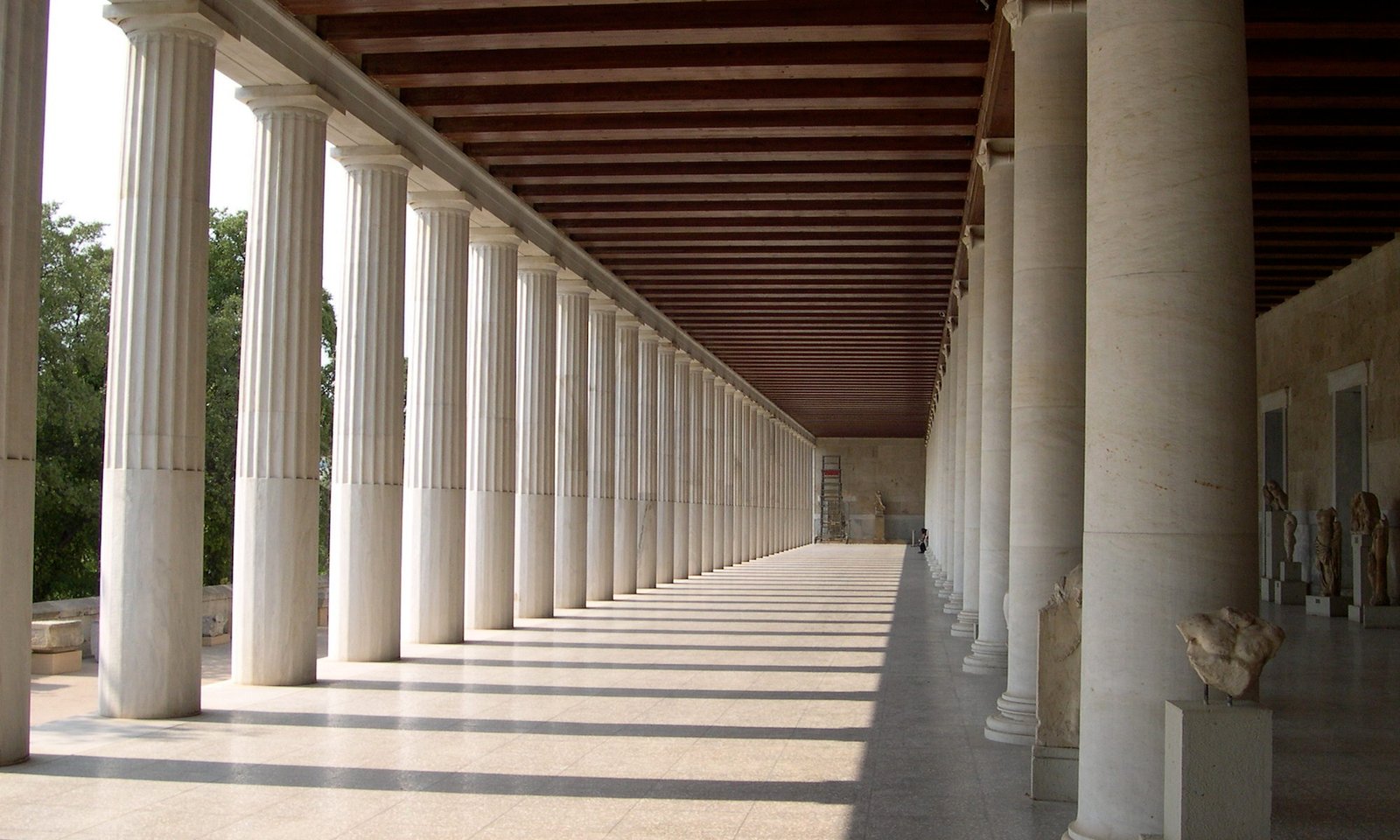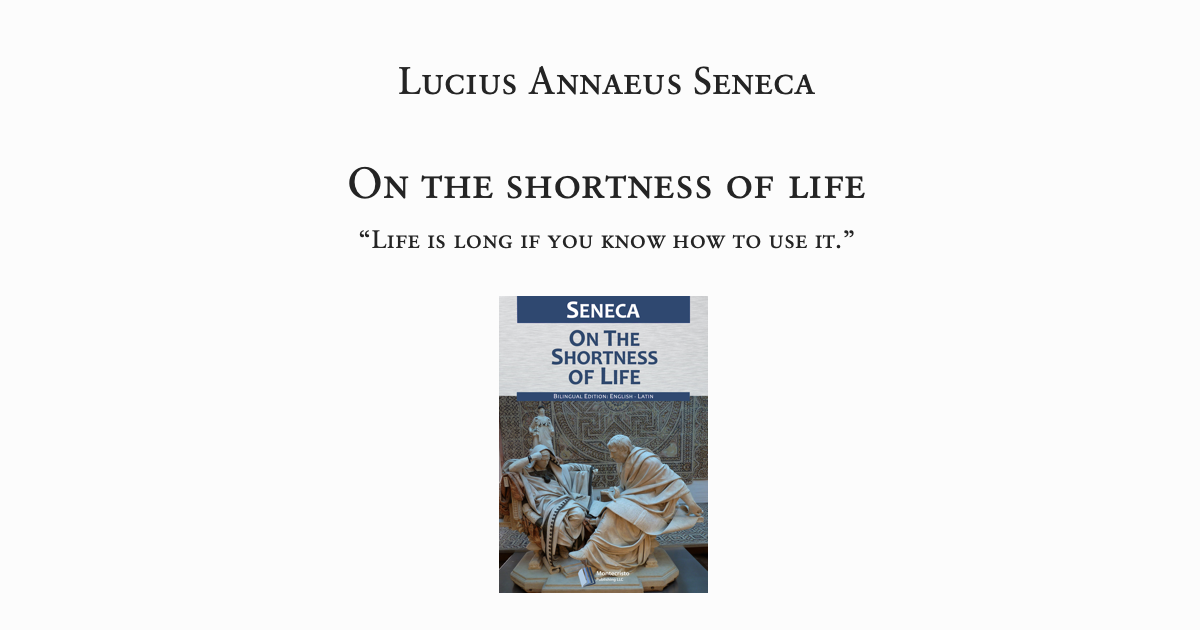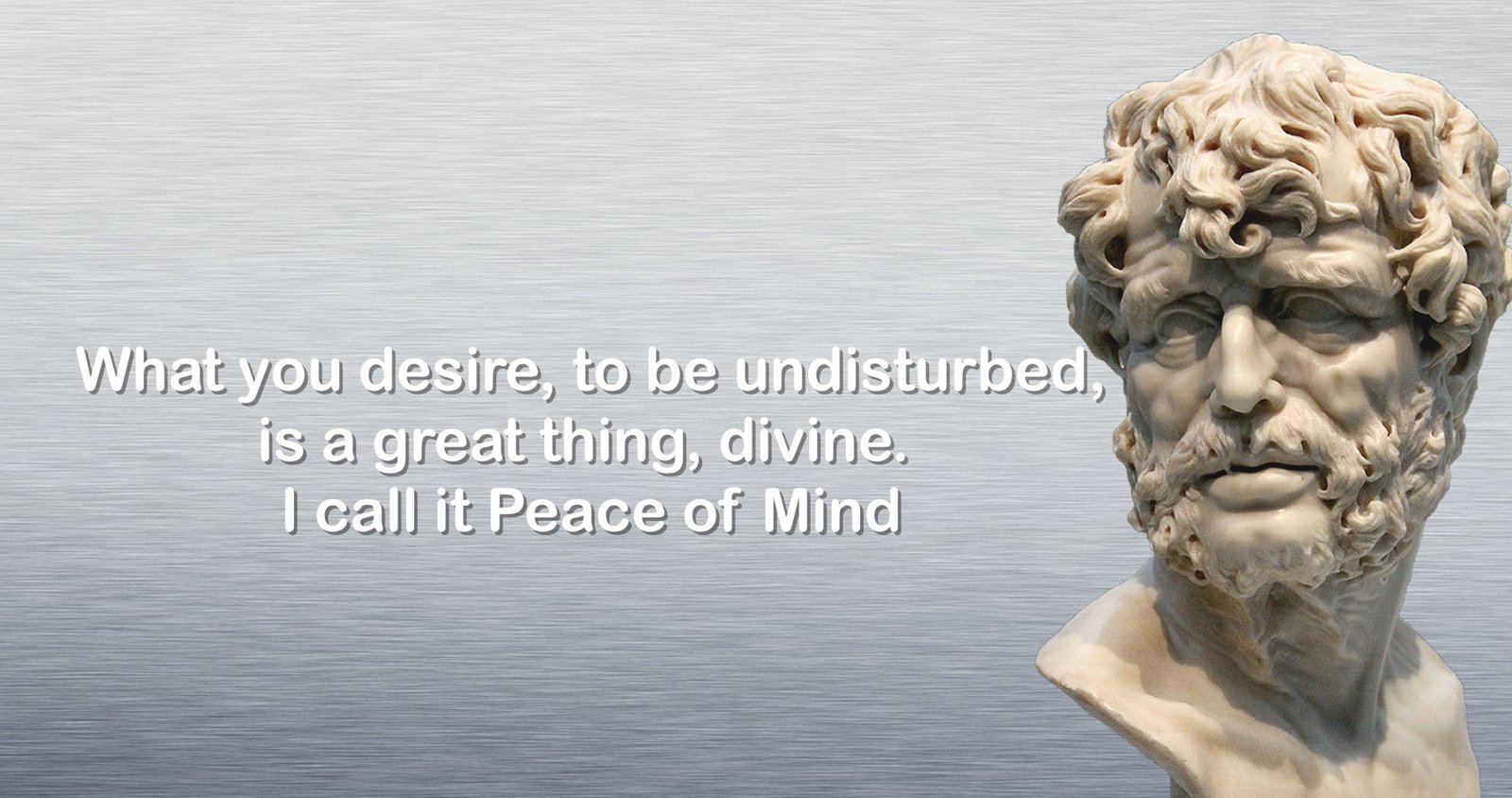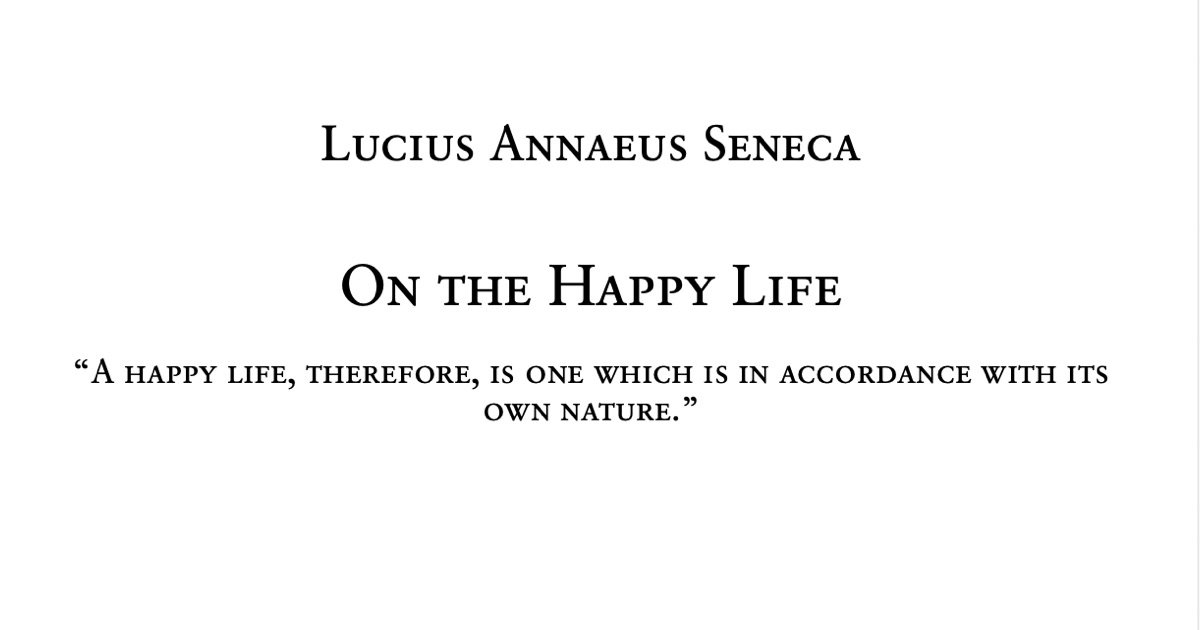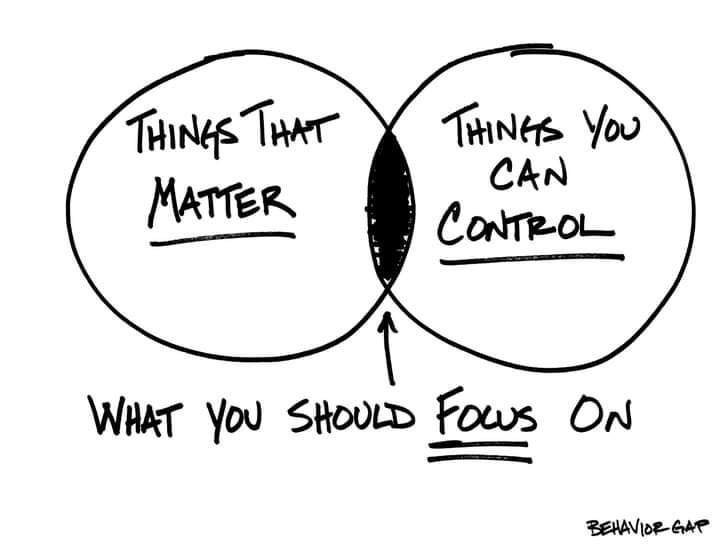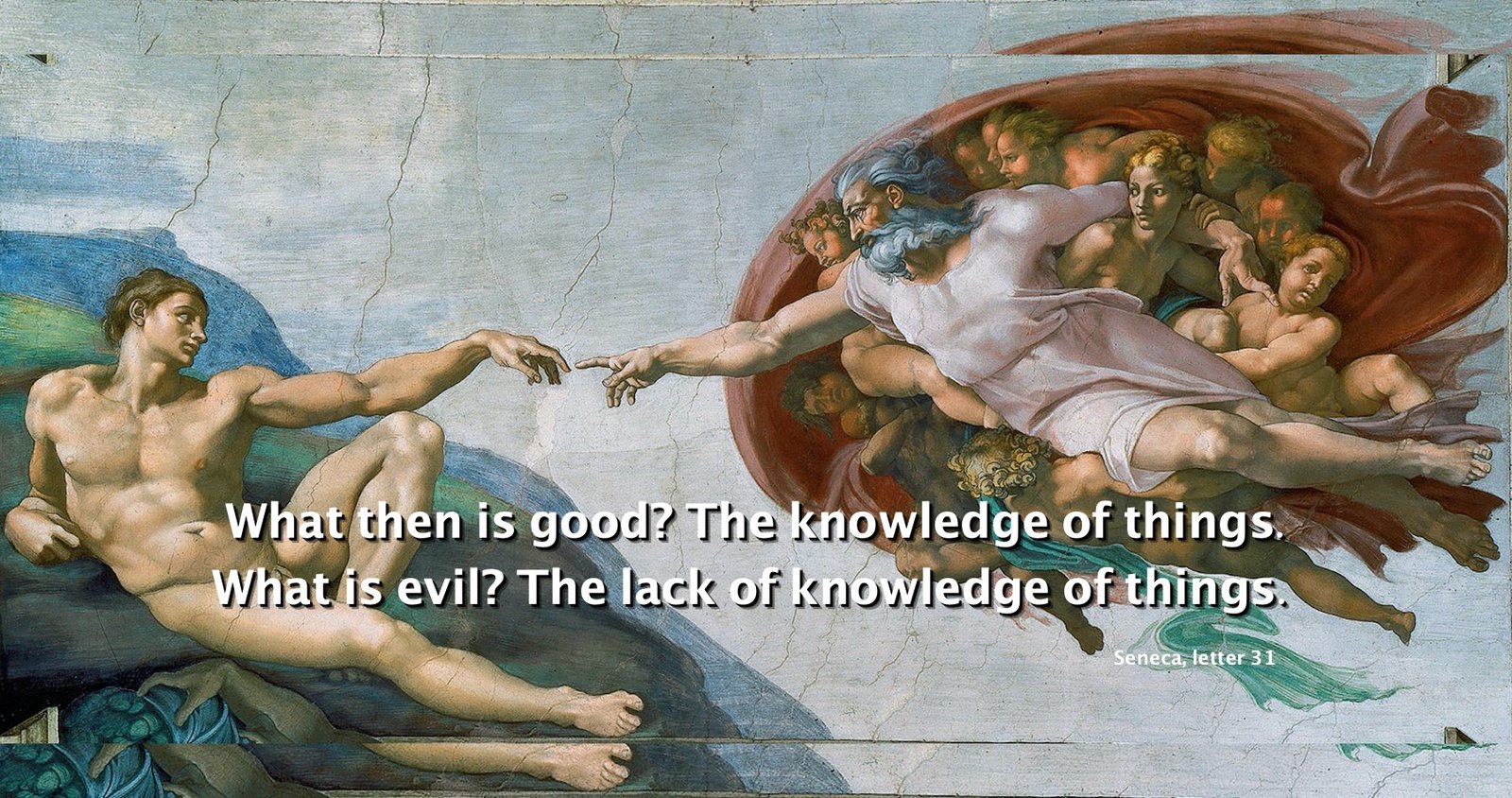De Clementia, “Of Clemency”, also translated as “On Mercy”, is an essay of originally three volumes of which only the first and part of the second survived. It was written in 55-56 AD, dedicated to Emperor Nero in his first (or second) year of reign.
In “Of Clemency” Seneca he develops his reflections on the power of the state and on the difference between the tyrant and the good king. He traces the image of a ruler who reigns, as representative of the gods. He explains that absolute power can be legitimised and justified by the practice of clemency, thus maintaining order and establishing consensus among men. By being clement, by being virtuous, the emperor becomes useful to the public good, behaves according to Nature, conforms to the Logos, to Fortune.
In the work we see how clemency should be exercised mainly by those who can wield power over others: princes, teachers, military, parents, considering that the damage caused by an error of judgment by them, when affected by any passion, will be deeply harmful to those who receive the punishment and to those who order it. For the prince, the practice of clemency, besides avoiding the creation of oppositions, legitimate his power and guarantee him the right of succession, provides stability and security in power. While the tyrant, the bad emperor is persecuted and lives without tranquility, the philosopher king, the good and clement emperor lives in peace, because he counts on love and not on the fear of his subjects:
“… to be powerful only for mischief is the power of a pestilence. That man’s greatness alone rests upon a secure foundation, whom all men know to be as much on their side as he is above them, of whose watchful care for the safety of each and all of them they receive daily proofs, at whose approach they do not fly in terror, as though some evil and dangerous animal had sprung out from its den, but flock to him as they would to the bright and health-giving sunshine. They are perfectly ready to fling themselves upon the swords of conspirators in his defence, to offer their bodies if his only path to safety must be formed of corpses: they protect his sleep by nightly watches, they surround him and defend him on every side, and expose themselves to the dangers which menace him.” (I,iii)
“Clemency therefore, as I said before, naturally befits all mankind, but more especially rulers, because in their case there is more for it to save, and it is displayed upon a greater scale. Cruelty in a private man can do but very little harm; but the ferocity of princes is war. ” (I,v)
The instructional contrast between the good ruler and the tyrant is made initially in a theoretical way, then moving on to examples of tyrannical rulers, such as Sulla and Caligula as a warning; Augustus as an example to be followed. An extensive illustration of Augustus’ clemency with the rebel Cinna next to an example from Nero’s own life is intended to encourage the aspiring emperor to also show clemency. (Book I, chapters ix-xvi). Seneca also states that excessive punishment is bad for the morale of the nation:
“A proposal was once made in the Senate to distinguish slaves from free men by their dress: it was then discovered how dangerous it would be for our slaves to be able to count our numbers. Be assured that the same thing would be the case if no one’s offence is pardoned: it will quickly be discovered how far the number of bad men exceeds that of the good.” (I,xxiv)
In Book II Seneca he reminds Nero of an episode in which he had shown clemency and thereby achieved his goals and demonstrated a clear reasoning and benevolence. He then explains that Clemency is a virtue that requires balance in its application: it is not opportune to have a promiscuous and banal clemency, nor an inaccessible clemency, because it is as cruel to forgive everyone as it is to forgive no one.
There are four definitions of clemency to Seneca: (II, iii)
- “ Mercy is a restraining of the mind from vengeance when it is in its power to avenge itself.“
- “Gentleness shown by a powerful man in fixing the punishment of a weaker one.“
- “…self-restraint, which remits some part of a fine which it deserves to receive and which is due to it.“
- “…a tendency towards mildness in inflicting punishment.“
Seneca considers pity to be a vice, and defines it as the corruption of the clemency:
“At this point it is useful to inquire into what pity is; for many praise it as a virtue, and say that a good man is full of pity. This also is a disease of the mind. Both of these stand close to mercy and to strictness, and both ought to be avoided, lest under the name of strictness we be led into cruelty, and under the name of mercy into pity.” (II,iv)
“Pardon is the remitting of a deserved punishment. … A man grants pardon to one whom he ought to punish: now the wise man does nothing which he ought not to do, and omits to no nothing which he ought to do: he does not, therefore, remit any punishment which he ought to exact. “ (II,vii)
Therefore, clemency would be closer to a correction of the law whose universal nature makes it fail. It would be a kind of justice exercised by a higher authority, of a humanitarian character, which allows the sovereign to override the laws written by men.
This work influenced important thinkers of the Middle Ages and the Renaissance. One example is the reformer John Calvin. Shortly after finishing his law studies, the young John Calvin wrote his first book, a commentary on De Clementia that consists mainly of philological notes interspersed with impressions on Seneca’s style and ideas. In his work Institutas de Religia Christi, Calvino addresses the role of civil authorities in punishment and the importance of revisiting concepts of this book.
Unfortunately the essay came to us incomplete, the text would have been written in three books. Of the three parts, the manuscripts offer only book I and the first seven chapters of book II. Book III is totally lost. As a matter of fact, it is not known for certain whether part of the work has been lost or whether Seneca has never finished it. From Book I, we have the complete text and the theme. From Book II, the summary announces that it will deal with the nature of clemency and the signs that distinguish it from vices. Even unfinished, the subject and the summary agree. Book III, still according to the summary, shall try to teach, through practical advice, how the human spirit can be led to the exercise of clemency. Nothing remains of this book.
The work summarizes the concept of authority according to stoic philosophy: the aristocratic authority that dominates the people, retaining their anarchic tendencies, contributing to order and development, is derived from their own greatness and power, which, in turn, belong to the gods whom the ruler represents.
Book on sale at Amazon, Apple and Kobo .
